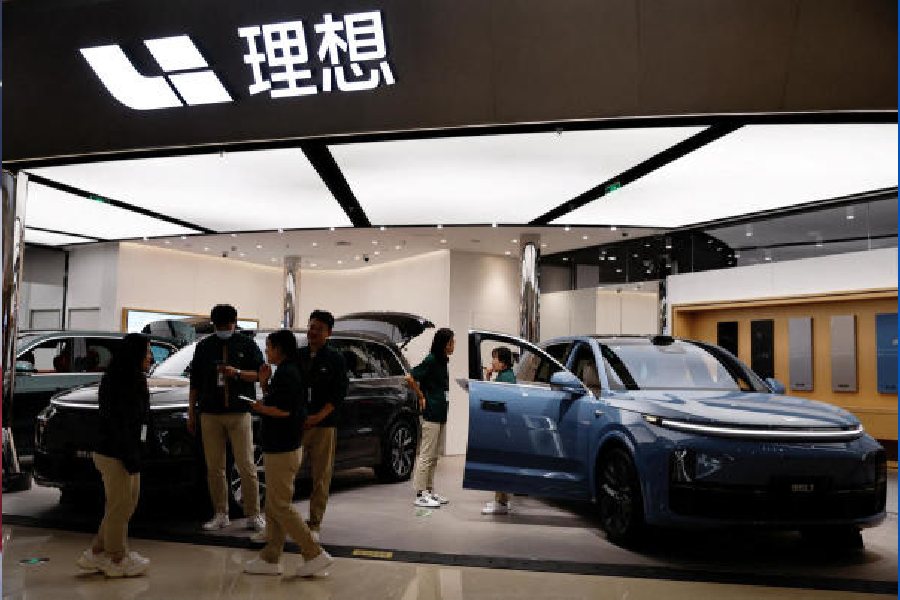The Biden administration announced plans to slap new tariffs on Chinese electric vehicles, advanced batteries, solar cells, steel, aluminium and medical equipment — an election-year move that’s likely to increase friction between the world’s two largest economies.
The tariffs come in the middle of a heated campaign between President Joe Biden and his Republican predecessor, Donald Trump, in which both candidates are vying to show who’s tougher on China.
The tariffs are unlikely to have much of an inflationary impact because of how they’re structured. Administration officials said they think the tariffs won’t escalate tensions with China, yet they expect that China will explore ways to respond to the new taxes on their products.
The tariffs are to be phased in over the next three years, with those that take effect in 2024 covering EVs, solar cells, syringes, needles, steel and aluminium and more. There are currently very few EVs from China in the US, but officials worry that low-priced models made possible by Chinese government subsidies could soon start flooding the US market.
Chinese firms can sell EVs for as little as $12,000. Their solar cell plants and steel and aluminium mills have enough capacity to meet much of the world’s demand, with Chinese officials arguing that their production keeps prices low and would aid a transition to the green economy.
Lael Brainard, director of the White House National Economic Council, said the tariffs will raise the cost of select Chinese goods and help thwart Beijing’s efforts to dominate the market for emerging technologies.










